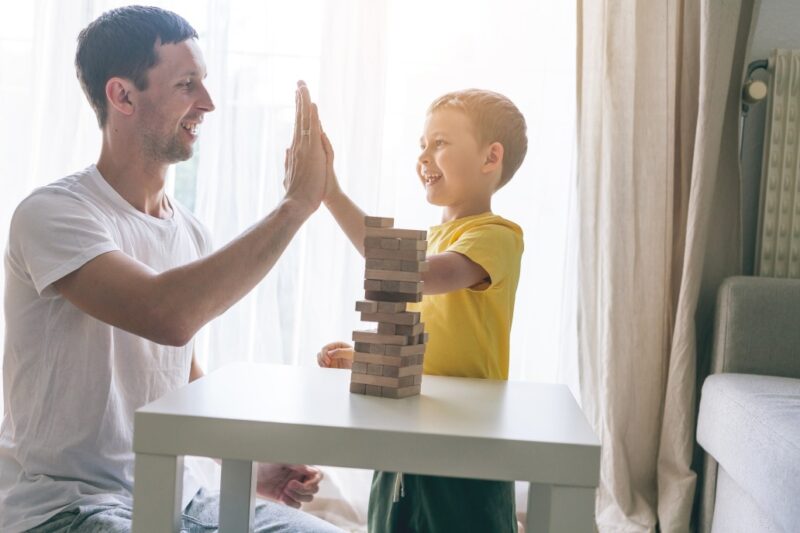
How to Help Kids Understand and Manage Their Emotions
Babies cry, toddlers have tantrums. At some point, parents expect their kids to start managing their feelings without epic meltdowns. Read more >>
Request an Appointment
English: 650.688.3625
Medi-Cal: 650.688.3650

How to Help Kids Understand and Manage Their Emotions
Babies cry, toddlers have tantrums. At some point, parents expect their kids to start managing their feelings without epic meltdowns. Read more >>

Self-Advocacy: Representing Yourself and Your Interests
When provided with the foundation of a safe environment, trusted mentors and opportunities to engage, all young people can be empowered to develop the skills they need to become self-advocates and elevate their voices. Read more >>

Self-Advocacy & Learning Disabilities
Self-advocacy gives students with learning disabilities the confidence to ask for the tools they need to be successful in the real world. The strategy not only benefits children at school, but in explaining their learning disability to friends and family Read more >>

Most people have some idea of what “self-advocacy” is, but it helps to define it. At its heart, self-advocacy is the ability to communicate what your needs are. Read more >>

Supporting the Social-Emotional Needs of 2e Students [downloadable]
Understanding and supporting a 2e students’ social-emotional needs is essential to their well-being. It is important for parents and school staff to develop 2e students’ strengths while supporting areas of need. Read more >>

Enhancing Social-Emotional Learning with Self-Regulation for Learning
We all want our students to be successful. Some students come to school with greater degrees of Self Regulation for Learning, while others need more modeling and supports along the way. All students can value from keeping the ABCs (affect, Read more >>

Why Emotional Self-Regulation Is Important and How to Do It
Emotional self-regulation refers to a person’s ability to manage their emotions and impulses. It is a skill that people learn and develop throughout childhood and adolescence and into adulthood, and it is an important part of overall mental and physical Read more >>

The 5-Minute Daily Playtime Ritual That Can Get Your Kids to Listen Better
Sometimes kids listen to the instructions — and sometimes they don’t. And when they don’t, that can be very frustrating for parents. Read more >>

Everyone goes through tough times in life. But many things can help you survive—and even thrive—during stressful periods. There’s no one-size-fits-all approach. Learning healthy ways to cope and how to draw from resources in your community can help you build Read more >>

Back to School: Balancing Academic and Social-Emotional Wellness
Social-emotional health is fundamental to life and learning: in fact, research shows that it is a greater predictor of academic success than IQ. As our kids head back to school, we are mindful of what they have been through in Read more >>
English: 650.326.5530 | Español: 650.688.3650 | Fax: 650.688.3669
English: 650.326.5530
Español: 650.688.3650
Fax: 650.688.3669
English: 650.668.3625 | Español: 650.688.3650 | careteam@stage.chconline.org
English: 650.668.3625
Español: 650.688.3650
careteam@stage.chconline.org
© 2024 Children’s Health Council. All rights reserved.
CHC Palo Alto: 650 Clark Way, Palo Alto, CA 94304 | 650.326.5530
CHC South Bay: 2280 Kenwood Avenue, San Jose, CA 95128 | 408.831.7512
CHC Ravenswood: 1765 E Bayshore Rd, East Palo Alto, CA 94303 | 650.702.2487
CHC Palo Alto:
650 Clark Way, Palo Alto, CA 94304
650.326.5530
CHC South Bay:
2280 Kenwood Avenue, San Jose, CA 95128
408.831.7512
CHC Ravenswood:
1765 E Bayshore Rd, East Palo Alto, CA 94303
650.702.2487